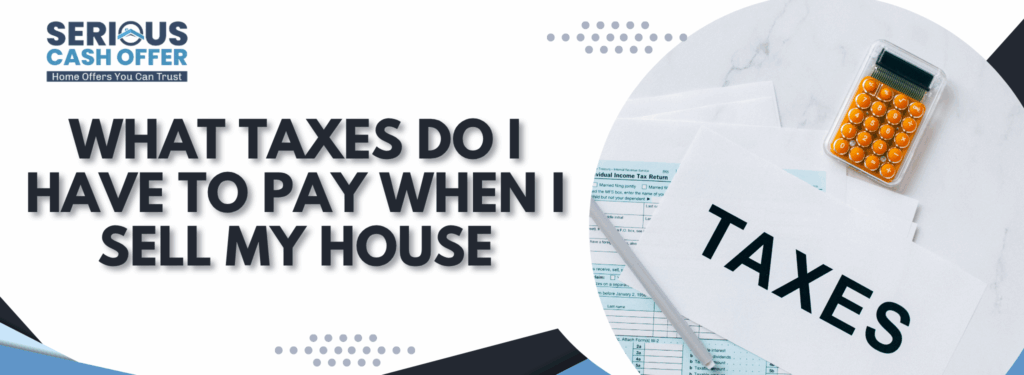
Understanding Taxes for Washington State Home Sellers
When selling a home in Tacoma or anywhere else in Washington State, it’s essential to understand the various tax implications that may arise during and after the sale. While the state does not impose an income or capital gains tax on home sales, sellers can still encounter several types of federal and local taxes based on their unique situation.
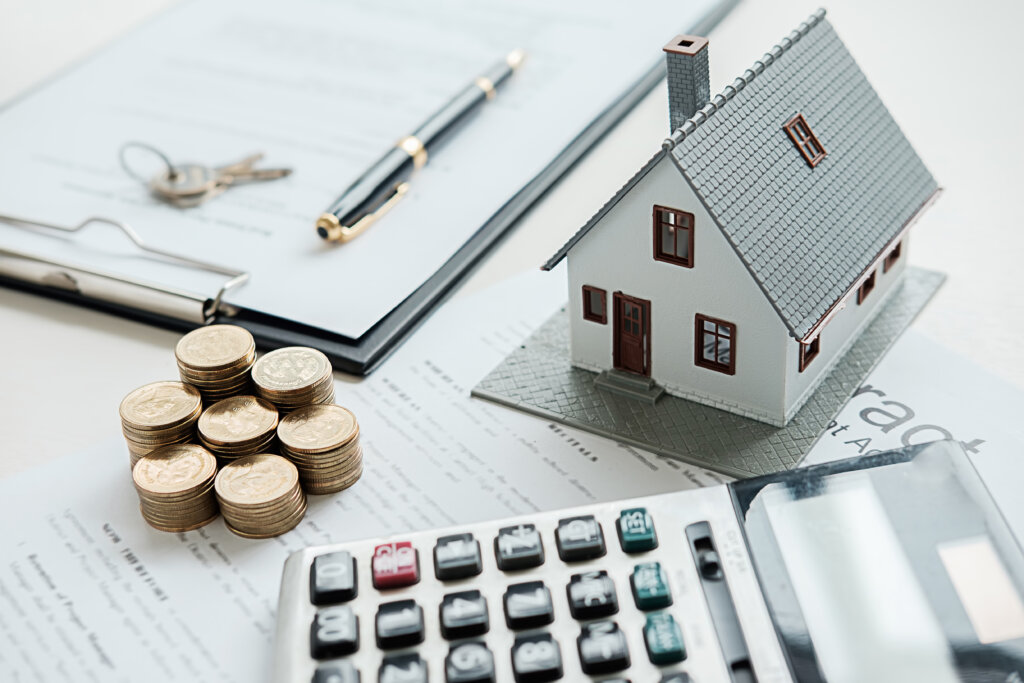
One of the primary considerations is the federal capital gains tax. If you sell your primary residence for more than you originally paid, you might owe taxes on the profit. Fortunately, many homeowners qualify for a capital gains exclusion—up to $250,000 for single filers and $500,000 for married couples filing jointly—provided they have owned and lived in the home for at least two of the past five years. Another common tax is the real estate excise tax (REET), which Washington State charges on nearly all property sales. This tax is typically paid by the seller and is based on the property’s sale price. The rate can vary by jurisdiction and increases progressively for higher-priced homes.
If the property was used as a rental at any point or if depreciation was claimed for tax purposes, sellers may be responsible for depreciation recapture tax, even if the home later became their primary residence. Additionally, sellers who exceed the capital gains exclusion limits or don’t qualify for the exclusion may be subject to federal income taxes on the profit. The amount owed depends on the seller’s tax bracket and how long the home was owned.
Beyond federal considerations, sellers should also know local taxes and fees, which vary by city or county. These may not be significant, but can add to the total cost of selling. Property taxes must also be settled up to the closing date, with any unpaid amounts typically prorated between buyer and seller. Lastly, estate or inheritance taxes could apply if the sale involves an inherited property or is part of an estate. Washington State does have an estate tax that may be triggered in high-value cases.
Given these potential liabilities, consulting with a tax advisor or real estate attorney is highly recommended. This ensures full compliance and helps you make informed financial decisions throughout home-selling.
Federal and State Tax Obligations for Tacoma Homeowners
To maintain compliance, homeowners in Tacoma, Washington, must manage their federal and state tax responsibilities while selling their house. Capital gains taxes are a critical factor at the federal level.
Homeowners who satisfy the IRS’s ownership and use requirements may be eligible for an exclusion of up to $250,000 ($500,000 for married couples filing jointly) on the sale’s profit. It is essential to have spent at least two of the five years before the sale as your principal residence in the house.
Apart from federal taxes, Washington State has some excise taxes applicable when selling real estate, but no state income tax. The real estate excise tax (REET), which Tacoma homeowners pay, is determined by municipal taxes and the property’s sale price.
For Tacoma area individuals hoping to optimize their financial results while adhering to all relevant regulations, comprehending these tax ramifications is essential. During this procedure, speaking with a tax expert who understands both federal and Washington State real estate taxes can be quite helpful. We buy houses as-is in Tacoma, Seattle, Spokane, Vancouver, Bellevue, and throughout Washington State. Sell your house fast for cash—no repairs, no hassle.
Navigating the Washington Real Estate Excise Tax (REET)
Navigating the financial ramifications of your real estate transaction while selling your Tacoma, Washington home requires an awareness of the Washington Real Estate Excise Tax (REET). Real estate sales are subject to the REET, a tax computed as a percentage of the sale price.
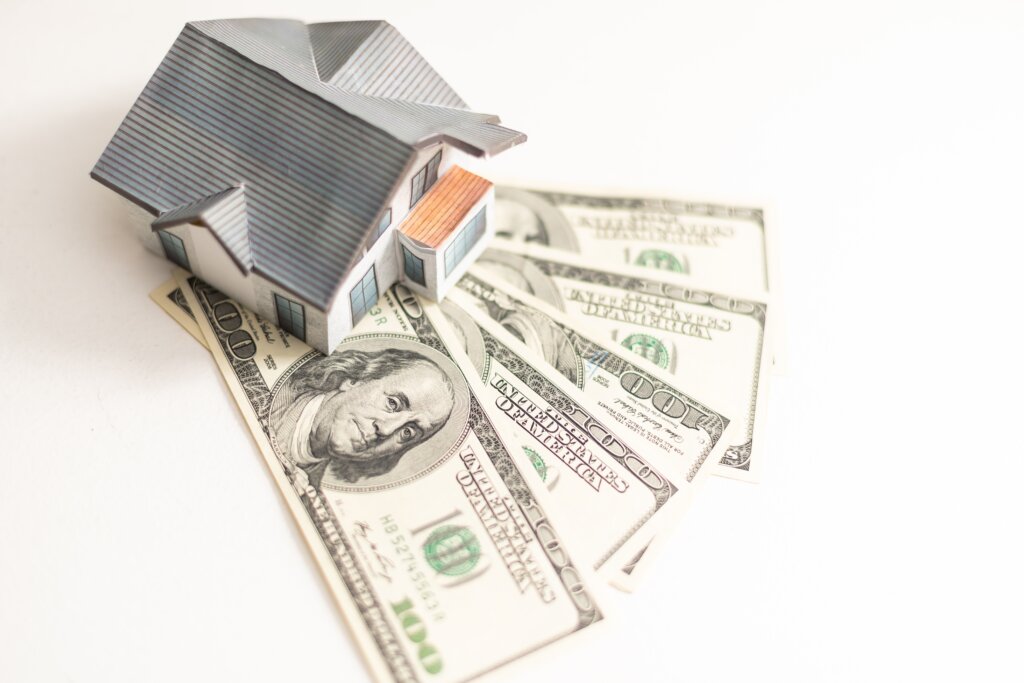
In Tacoma and throughout Washington State, the seller usually pays this tax at closing. The REET rate is contingent on the property’s sale price; for example, properties sold for less than $500,000 are subject to a different rate than those sold for more.
It’s crucial to remember that these rates could alter and differ depending on the local jurisdiction in Washington. Although Tacoma complies with state regulations, extra restrictions or costs can exist.
Therefore, seeking advice from a local tax advisor or real estate buyer familiar with Tacoma’s unique laws will help guarantee compliance and avoid unforeseen expenses during house-selling.
Key Tax Considerations When Selling a Home in Tacoma, WA
When selling a home in Tacoma, Washington, it’s important to understand the primary tax issues that could impact your financial situation. One factor to take into account is the capital gains tax, which may be relevant if the value of your home has increased since you purchased it.
Federal capital gains exemptions are available to homeowners in Washington State who have owned and occupied the property as their principal residence for at least two of the five years before the sale. This exclusion can reach $250,000 for individuals filing alone and $500,000 for married couples filing jointly.
However, any income exceeding these limits may be subject to taxation. Understanding local property taxes is also essential since they could affect net profits.
It’s also important to consider possible deductions for selling-related expenses, like closing costs and real estate buyer commissions. When selling a Tacoma home, consulting with a tax professional knowledgeable about federal and Washington State tax laws can provide insightful guidance specific to your situation.
Exemptions and Deductions: Reducing Taxes on Your Tacoma Property Sale
When selling your home in Tacoma, Washington, understanding the available exemptions and deductions can significantly reduce your tax liability. One of the most beneficial provisions is the capital gains tax exemption, which allows homeowners to exclude up to $250,000 of profit from the sale if you’re single or up to $500,000 if married filing jointly, provided you have lived in the home for at least two out of the last five years.
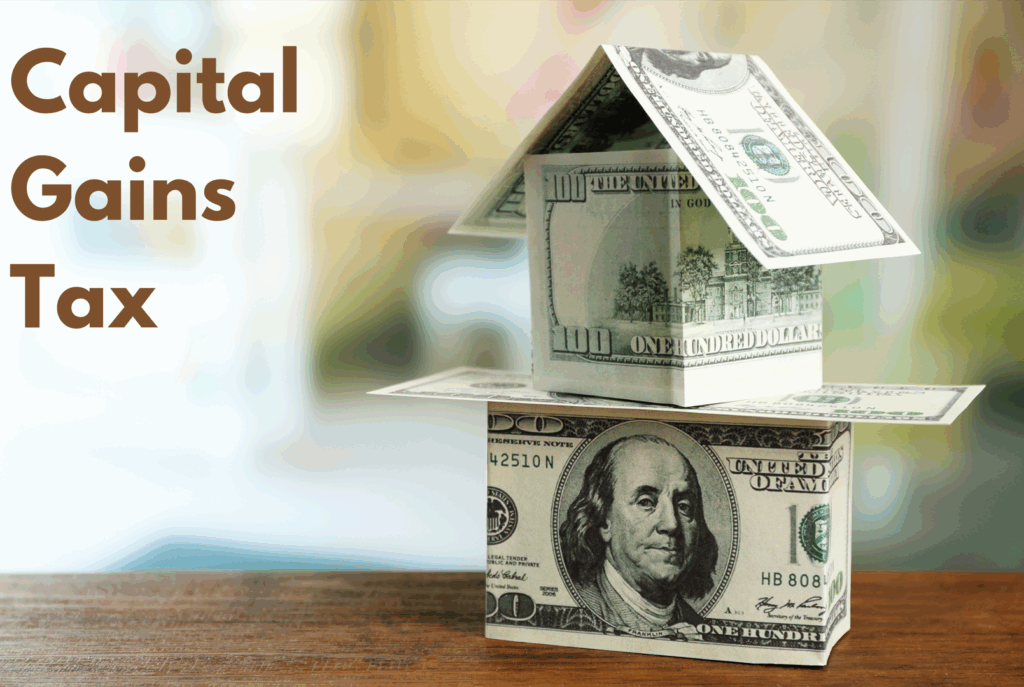
Additionally, certain selling expenses such as real estate buyer commissions, legal fees, and advertising costs may be deductible. It’s also important to consider any improvements to your Tacoma property; these can increase your home’s adjusted cost basis and further minimize taxable gain.
By keeping detailed records of all expenditures related to home improvements and sales processes, you can ensure that you maximize these deductions. Consulting with a tax professional familiar with Washington state laws can provide further guidance on utilizing these exemptions and deductions when selling your property in Tacoma.
How to Calculate Property Taxes on a Sold House in Tacoma
When selling your Tacoma home, it’s critical to understand how property taxes are calculated. The Tacoma municipal tax rate and the assessed value of your home influence your property taxes.
This assessed value is set by the Pierce County Assessor-Treasurer’s Office and is based on the market conditions on January 1st of each year. When selling a home, your property taxes depend on both the composite tax rate and the current assessed valuation for your specific Tacoma area.
The composite tax rate is the result of combining several levies, such as municipal, county, school district, and special assessments. At closing, prorated property taxes are typically determined, with sellers paying up to the selling date and buyers covering from the date of sale forward.
It’s also important to consider any exemptions or deferrals you may qualify for, as these may affect the total amount payable. By carefully figuring out these figures, sellers in Tacoma’s real estate market may ensure they meet their obligations throughout the transaction process.
Timing Your Home Sale to get Tax Benefits in WA
The transaction date significantly impacts the tax benefits and considerations of your Tacoma, Washington, home sale. You must know when to sell your house to minimize capital gains taxes and maximize exemptions in Washington State.
Suppose you have lived in your Tacoma home for at least two of the five years before selling. In that case, you may be eligible for a substantial capital gains tax exemption, up to $250,000 for single taxpayers and $500,000 for married couples filing jointly. This principal home exception is a crucial consideration when deciding whether to sell.
Understanding the potential effects of changes in local real estate markets on property values and potential tax liabilities is also essential. Selling during significant market activity may increase profits and taxable gains if the exclusion rules are not fully met.
If any upcoming changes to state or federal tax laws affect Tacoma home sales, the financial outcomes of your transaction might also alter. When selling residential real estate in Washington, timing is essential for optimizing financial gains and meeting tax obligations.
Impact of Home Improvements on Capital Gains Tax in Tacoma
When you sell your home in Tacoma, WA, understanding how home improvements impact your capital gains tax is crucial. Homeowners often invest in upgrades to increase the property’s value, which can significantly affect the amount of taxable gain when selling.
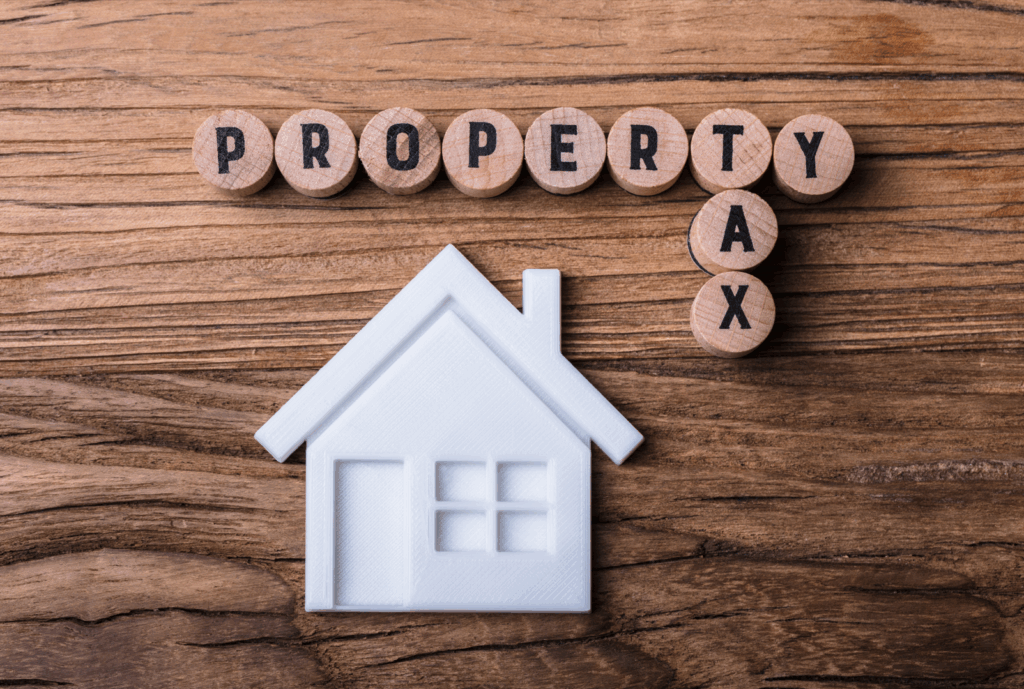
The IRS allows sellers to reduce their capital gains by the cost of eligible improvements, such as kitchen remodels or new roofing. In Tacoma’s competitive real estate market, these enhancements boost marketability and help minimize taxable income.
Maintaining thorough records of all expenses related to these improvements is important. To be deductible from the sale proceeds, they must qualify as capital improvements—those that add value or prolong the life of the property. By strategically planning and documenting these investments, homeowners can effectively manage their tax liabilities when navigating Tacoma’s housing market.
The Role of 1031 Exchanges in Deferring Taxes on Property Sales
Understanding the significance of 1031 exchanges is critical for delaying property taxes when selling a home in Tacoma, WA. A 1031 exchange, called after Section 1031 of the Internal Revenue Code, allows homeowners to delay capital gains taxes by reinvesting the profits from the sale of a property in a like-kind property within a set time frame.
This tax-deferral method benefits real estate markets like Tacoma, where home values can rise dramatically. To be eligible for a 1031 exchange, the relinquished and replacement properties must be owned for investment or business purposes, rather than personal use.
Furthermore, rigorous deadlines must be met: sellers have 45 days to identify suitable replacement homes and 180 days to close the purchase. Tacoma homeowners might potentially enhance their investment returns by using a 1031 exchange to roll over assets into new properties without paying capital gains taxes immediately.
This technique takes careful preparation and respect for IRS requirements, but it provides considerable tax benefits for anyone wishing to grow or diversify their real estate investments in Washington State. At Serious Cash Offer, we’re proud to serve Tacoma homeowners by buying houses fast, for cash, and as-is. We even buy houses with major issues like mold damage and asbestos removal in Tacoma. Learn more about our simple process and see what locals say in our reviews.
Understanding the Two-Year Ownership Rule for Capital Gains Exclusion
When selling a home in Tacoma, WA, understanding the two-year ownership rule is critical for claiming the capital gains exclusion on your taxes. The IRS permits homeowners to exclude up to $250,000 in capital gains if they are single, or $500,000 if they are married and filing jointly, provided they meet certain criteria.

One crucial criterion is that you have owned and resided in the property as your principal residence for at least two of the five years before the sale. This does not require you to live there consecutively; rather, any combination of 24 months during that five-year window will suffice.
This provision can drastically reduce, if not eliminate, the taxable profit from selling your home. However, this exclusion only applies if you haven’t claimed it for another property sold within the last two years.
Understanding these nuances will help you navigate potential capital gains taxes during a house sale in Tacoma.
How Marriage and Joint Ownership Affect Home Sale Taxes in Tacoma
If you’re selling a house in Tacoma, Washington, it’s important to know how marriage and joint ownership affect the taxes on the sale. The IRS’s primary residence exclusion can help married couples in Tacoma who own a property pay less in capital gains taxes.
If both couples pass the ownership and use tests—meaning they have owned and lived in the property as their main home for at least two of the last five years preceding the sale—they can file jointly and not have to pay capital gains taxes on up to $500,000 of profit. Having both spouses on the title and ensuring that records reflect their lives together might make this procedure easier.
In Tacoma, if you are not married and live with someone else, each person may only be able to get up to $250,000 in exclusions if they meet the standards independently. Homeowners in Tacoma who want to get the most tax savings when they sell their home need to know these details.
How Much Tax Do You Pay When You Sell a House in Washington?
It’s important to know how taxes can affect you when you sell a house in Washington, especially in Tacoma. When homeowners in Washington State sell their homes, they may have to pay many taxes.

The capital gains tax is the most important tax issue. You might have to pay federal capital gains tax on the difference between the sale price and your adjusted basis in the property if you sell your house for more than you paid for it.
However, there are some exceptions. For example, single filers can exclude up to $250,000, and married couples filing jointly can exclude up to $500,000, as long as they meet specific ownership and use requirements. Washington also doesn’t have a state-level individual income tax, but sellers should be cautious of possible municipal real estate excise taxes (REET).
Tacoma, for example, follows REET rules that say sellers have to pay an excise tax on a percentage of the property’s sale price. If you want to sell your property in Tacoma, WA, you should learn about these taxes and talk to a financial counselor or tax specialist to ensure you follow all the rules.
Helpful Tacoma Blog Articles
- Selling Your Tacoma Home Below Market Value
- Taxes I Have to Pay When Selling A House In Tacoma, WA
- Selling Your Mold-affected Home In Tacoma’s Real Estate Market
- Selling Your Homes With Liens In Tacoma, WA
- Paperwork For Selling A House By Owner in Tacoma, WA
- How To Sell A House With Code Violation in Tacoma, WA
- Closing Costs Without A Real Estate Agent In Tacoma, WA
- Delinquent Hoa Dues in Tacoma, WA
- Can Medical Bills Take Your House in Tacoma, WA
- Inherited House With Sibling in Tacoma, WA
- Checklist For Selling A House in Tacoma, WA
- What Does It Cost To Rewire A House in Tacoma, WA
- Capital Gains Tax After Selling a House Guide in Tacoma, WA
- Selling Shares of Your Home in Tacoma, WA
- Should I Stage My House to Sell in Tacoma, WA?

| TAXED | TAXED BASED | TAX SYSTEM | INTEREST | REAL ESTATE BROKER | REALTORS |
| BROKER | PAYOR | PAYMENTS | REAL PROPERTY | STATE OF WASHINGTON | DEED |
| DEEDED | INSURANCE | ASSETS | TANGIBLE ASSETS | ENTITY | GRANTOR |
| RECONVEYANCE | CONVEYANCE | OWNERSHIP INTEREST | MORTGAGE | TIMBER | ESCROW |
| TRUSTS | SEATTLE, WA | GROSS REVENUE | ATTORNEY | LAWYER | FATHOM REALTY |
| TAXABLE PROFITS | RENTAL PROPERTY | NWMLS | MONEY | COPYRIGHTED | COPYRIGHT |
| BLOG | BELLEVUE | TAX-LOSS HARVESTING | OAKVILLE, WASHINGTON | OAKVILLE | MULTIPLE LISTING SERVICE |
| DEPARTMENT OF REVENUE | MERCER ISLAND | LIEN | FEDERAL INCOME TAX | ELECTRONIC PAYMENT | |
| DEPARTMENT | AGRICULTURAL | AGRICULTURE | A HOME IN WASHINGTON | IS CAPITAL GAINS TAX | HOME IN WASHINGTON STATE |

